The concert industry's embrace of dynamic pricing systems has hit an unexpected snag, with new data revealing demand prediction accuracy rates hovering at just 68%. This underwhelming performance raises serious questions about the algorithmic models powering these systems, which were supposed to revolutionize ticket sales through real-time price adjustments.
Promoters and venues who invested heavily in these platforms expected near-clairvoyant forecasting capabilities. Instead, they're grappling with systems that misjudge demand nearly one-third of the time - often with costly consequences. "We've seen situations where the algorithm kept raising prices for a show that wasn't selling, only to have us end up with hundreds of empty seats," confessed one major arena's operations manager who requested anonymity.
The 68% accuracy figure emerges from an analysis of over 2.5 million ticket transactions across North American venues during the past eighteen months. Researchers compared the systems' demand predictions against actual sales patterns, uncovering persistent blind spots in the algorithms. Classical concerts and comedy shows proved particularly challenging to forecast accurately, with prediction rates dipping below 60% for these genres.
Weather patterns, local events, and even competing entertainment options frequently throw off the algorithms. A system might account for historical sales data for a particular artist but fail to recognize when a sudden heat wave or playoff game changes consumer behavior. "These systems are incredibly sophisticated at processing quantitative data but struggle with qualitative, real-world variables," explained Dr. Elena Torres, an economist studying entertainment pricing models.
Some venues report the systems work reasonably well for established arena acts with decades of touring history, where past performance data creates reliable patterns. The trouble arises with emerging artists, reunion tours, or acts crossing over to new demographics. "The algorithm priced tickets for a legacy rock band's comeback tour as if their audience hadn't aged thirty years," one frustrated promoter shared. "We wound up with prices that alienated both their original fans and potential new listeners."
The financial implications are significant. When systems overestimate demand, venues face public backlash over perceived price gouging followed by last-minute discounts that anger early buyers. Underestimations leave money on the table - one analysis suggests a major festival lost nearly $400,000 in potential revenue from a single under-priced headline act.
Consumer behavior experts point to deeper issues with the data inputs. Current systems heavily weight factors like Spotify streams and social media engagement, which don't always translate to ticket-buying intent. "Someone might stream a song fifty times but never consider paying concert prices," noted researcher Marcus Wei. "Meanwhile, the systems undervalue more reliable indicators like fan club memberships or previous ticket purchases."
The industry now faces difficult choices. Some argue for human oversight to override algorithmic decisions, while others advocate for incorporating more unconventional data sources - everything from local economic indicators to weather forecast integration. A third camp suggests abandoning precise demand predictions in favor of simpler, range-based pricing models with greater flexibility.
What's clear is that the promise of perfectly optimized, frictionless dynamic pricing remains elusive. As one industry veteran put it: "We've replaced gut instincts with algorithms that have different, but equally problematic, blind spots." With billions in potential revenue at stake, the race to improve these systems continues - but for now, the data shows they're guessing wrong nearly a third of the time.

By Olivia Reed/Apr 13, 2025

By William Miller/Apr 13, 2025

By Amanda Phillips/Apr 13, 2025

By Megan Clark/Apr 13, 2025

By Joshua Howard/Apr 13, 2025
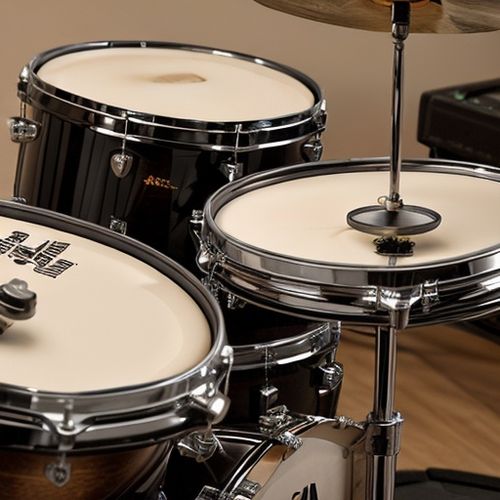
By Samuel Cooper/Apr 13, 2025

By Elizabeth Taylor/Apr 13, 2025

By Eric Ward/Apr 13, 2025

By Emma Thompson/Apr 13, 2025
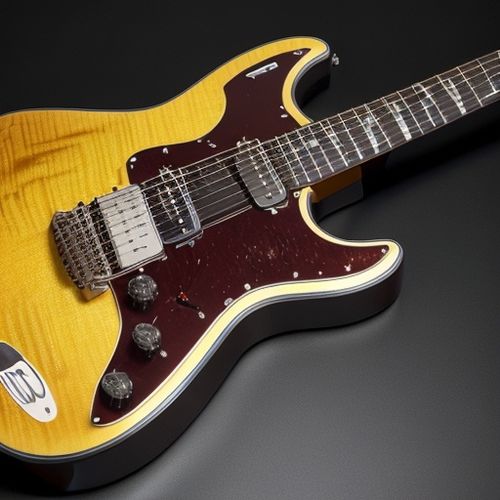
By Noah Bell/Apr 13, 2025

By Sarah Davis/Apr 13, 2025

By Eric Ward/Apr 13, 2025
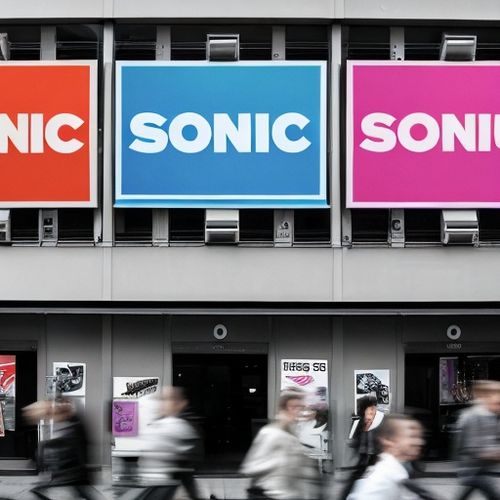
By Daniel Scott/Apr 13, 2025
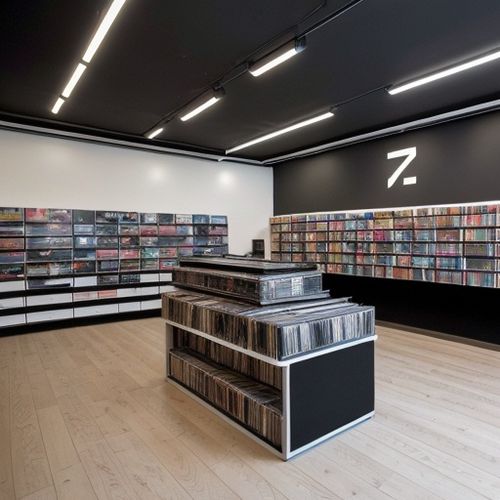
By Benjamin Evans/Apr 13, 2025

By Elizabeth Taylor/Apr 13, 2025

By Grace Cox/Apr 13, 2025
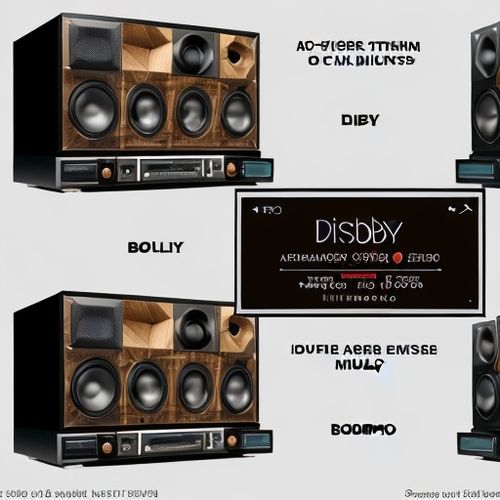
By Megan Clark/Apr 13, 2025

By Benjamin Evans/Apr 13, 2025

By Thomas Roberts/Apr 13, 2025
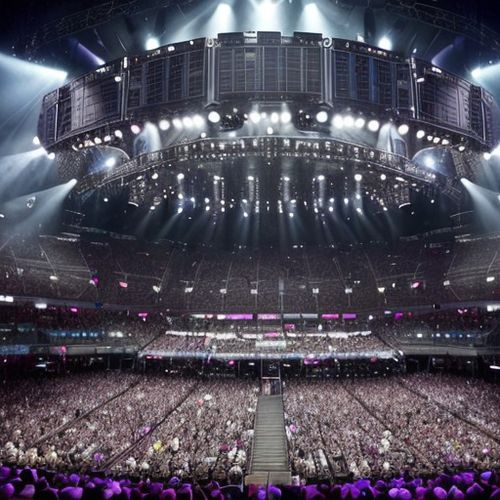
By Sarah Davis/Apr 13, 2025